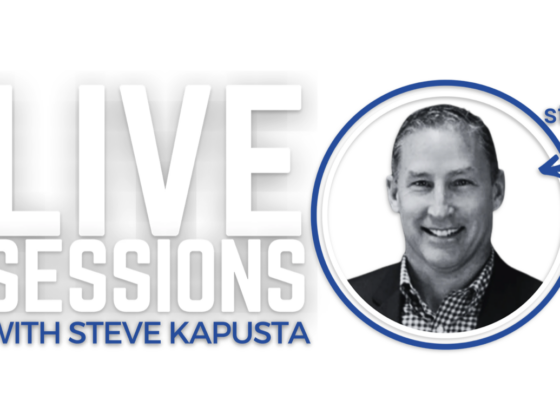In the era of digital transformation, data security has become a paramount concern, especially for companies that handle Personally Identifiable Information (PII). PII, which includes details that can be used on their own or with other information to identify, contact, or locate a single person, or to identify an individual in context, is a valuable asset that is increasingly targeted by cyber threats. Let’s talk about current and emerging threats to PII, the risks associated with storing this information on hard drives, and strategies to safeguard this sensitive data.
What Are Your Legal And Ethical Responsibilities?
Handling PII comes with significant ethical implications and responsibilities. Companies must not only comply with data protection regulations, such as GDPR in Europe and CCPA in California, but also ensure they are doing everything possible to protect the privacy and security of individuals’ information. This includes being transparent about data collection practices, obtaining consent, and providing individuals with control over their data.
In the event of a data breach, companies have the responsibility to promptly notify affected individuals and take immediate action to mitigate the damage. This is not only a legal requirement but also a matter of ethical responsibility to the individuals whose data has been compromised.
Current Threats to PII
Cyber threats have evolved significantly, becoming more sophisticated and harder to detect. Phishing attacks, ransomware, and malware are among the top threats companies face. Attackers often target systems where PII is stored, aiming to steal or encrypt the data for ransom. Hard drives, traditionally used for storing data, have become prime targets due to their vulnerability to these attacks.
Emerging Threats
The landscape of cyber threats is continuously evolving, with new threats emerging as technology advances. Deepfake technology, AI-driven phishing attacks, and quantum computing pose new risks to data security. These technologies can bypass traditional security measures, making it imperative for companies to adopt more advanced and dynamic strategies to protect PII.
The Risk of Storing PII on Hard Drives
Storing PII on hard drives is inherently risky. Hard drives can be physically stolen, and the data on them can be accessed by unauthorized individuals if they are not properly encrypted. Moreover, hard drives are susceptible to failures and damage, which can lead to data loss.
Addressing the Risks
True security for PII requires a more robust system than just hard drives. Companies are increasingly turning to encrypted cloud storage solutions, which offer advanced security features such as end-to-end encryption, multi-factor authentication, and regular security audits. These solutions not only protect against unauthorized access but also provide redundancy to prevent data loss.
Furthermore, companies are implementing strict access controls and monitoring systems to ensure that only authorized personnel can access sensitive information. This is particularly important in managing the risks associated with contract workers. By limiting access to PII to only what is necessary for each role and continuously monitoring for unusual access patterns, companies can significantly reduce the risk of data breaches. Third-party penetration tests are also an effective way to stay ahead of would-be attackers.
Engage partners that take security as seriously as you do and who follow the best practices for themselves. One of the biggest benefits of working with an Employer of Record (EOR) like PayReel 👋, is that we’ve already built the infrastructure to protect clients’ resources, contracts, and data at all times with multi-leveled security systems.
The Bottom Line
As cyber threats continue to evolve, so too must the strategies for protecting PII. The risks associated with storing sensitive information on hard drives highlight the need for a more secure approach, such as encrypted cloud storage and strict access controls. Companies must recognize the ethical implications and responsibilities that come with handling PII, ensuring they adopt practices that protect the privacy and security of individual data. In doing so, companies can not only safeguard against current and emerging threats but also build trust with their customers and the wider public.






